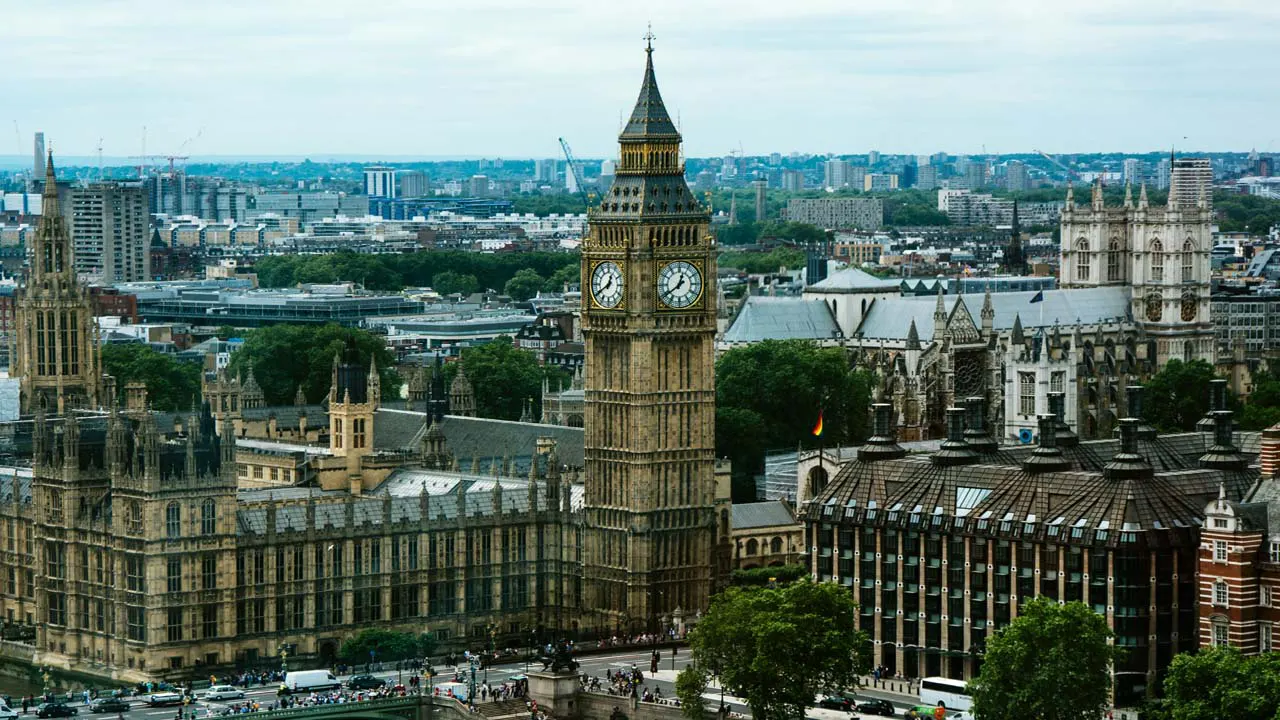Low-THC hemp extracts become illegal marijuana the moment they exceed 0.3% THC, a federal appeals court ruled, dismissing a pair of lawsuits challenging a 2020 rule from the U.S. Drug Enforcement Administration.
The dismissals from the D.C. Court of Appeals mean that common methods of CBD production violate federal law. That’s because many methods for extraction produce extract material that temporarily goes “hot,” or above 0.3% THC.
The Hemp Industries Association and South Carolina CBD maker RE Botanicals argued that the DEA was violating the intent of the 2018 Farm Bill, which exempts hemp and its derivatives from the Controlled Substances Act.
But U.S. Circuit Judge Laurence Silberman, writing for the three-judge panel, sided with DEA arguments that the rule simply clarifies the Farm Bill and makes clear that cannabis products above 0.3% THC remain controlled substances, even if those products fall below 0.3% THC before being sold.
Silberman further derided the hemp industry’s argument about the DEA removing a prescription cannabis medicine, low-THC Epidiolex, from the list of controlled substances as “frankly ridiculous.”
The DEA has not enforced the 2020 rule and has given no indication how it might do so.




